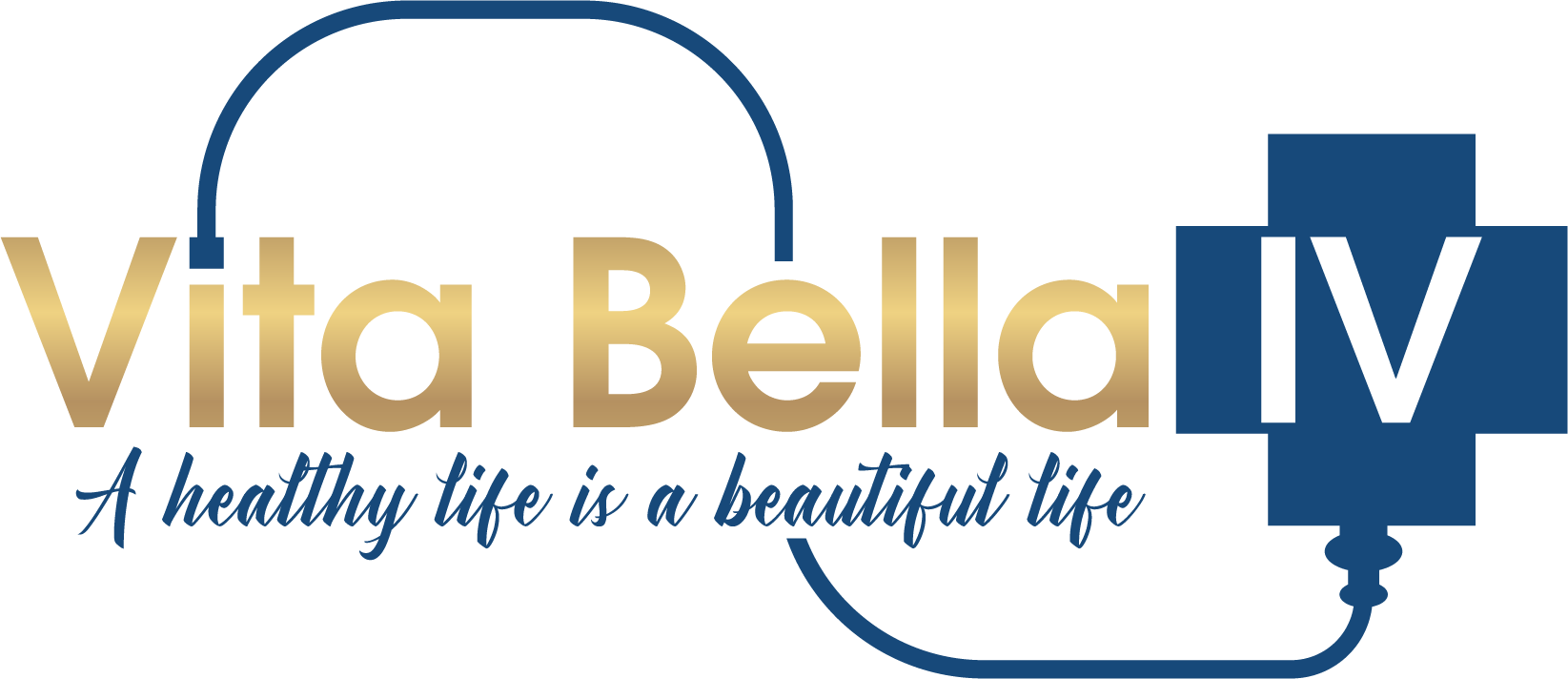Introduction
Vitamins are tiny powerhouses of nutrition that play an indispensable role in maintaining our health and well-being. These organic compounds, found in various foods and supplements, are essential for the proper functioning of our bodies. In this blog, we’ll explore the significance of vitamins in paragraph format, shedding light on why they are vital for our overall health.
1. Energy Metabolism and Growth:
Vitamins, particularly those from the B-complex group (B1, B2, B3, B5, B6, B7, B9, B12), are essential for energy metabolism. They help convert the food we eat into energy, enabling us to stay active and alert. Additionally, vitamins like A, C, D, and K play crucial roles in supporting growth and development, especially in children and teenagers.
2. Immune System Support:
Vitamin C, often associated with immune health, helps our bodies ward off infections and illnesses. It boosts the production of white blood cells, which are our body’s defense against pathogens. Vitamin D is another immune system supporter, helping to regulate immune responses and reduce the risk of infections.
3. Skin, Hair, and Nail Health:
Vitamins A, C, and E are renowned for their contributions to skin health. They act as antioxidants, protecting our skin from damage caused by free radicals and UV rays. Vitamin H (biotin) is essential for maintaining healthy hair and nails, preventing conditions like brittle nails or hair loss.
4. Bone Health and Calcium Absorption:
Vitamin D is vital for bone health as it facilitates the absorption of calcium in the gut. Without sufficient vitamin D, our bodies struggle to maintain strong bones, potentially leading to conditions like osteoporosis.
5. Vision and Eye Health:
Vitamin A is famously known for its role in maintaining good vision. It helps prevent night blindness and supports overall eye health. Additionally, vitamins C and E also contribute to eye health by protecting the eyes from oxidative damage.
6. Antioxidant Defense:
Vitamins such as C and E, along with vitamin A and selenium, function as antioxidants. They neutralize harmful free radicals in the body, reducing the risk of chronic diseases, including heart disease and certain cancers.
7. Blood Clotting and Wound Healing:
Vitamin K is essential for blood clotting, preventing excessive bleeding. It also plays a crucial role in wound healing by supporting the body’s natural clotting processes.
8. Nervous System Function:
Vitamins B1 (thiamine), B6 (pyridoxine), and B12 (cobalamin) are indispensable for proper nervous system function. They help maintain healthy nerve cells, support neurotransmitter production, and aid in managing stress and anxiety.
9. Hormone Regulation:
Vitamin D acts as a hormone regulator, playing a role in the production of sex hormones and helping to maintain hormonal balance in the body.
10. Overall Well-Being:
Vitamins, collectively, contribute to our overall sense of well-being by ensuring that our bodies function optimally. Deficiencies in these essential nutrients can lead to various health issues, highlighting the importance of maintaining a balanced and vitamin-rich diet.
Conclusion
Vitamins are not just a nice addition to our diets; they are the very foundation of our health. Each vitamin has a unique role to play in maintaining different aspects of our well-being, from energy metabolism and immune defense to skin health and hormone regulation. To ensure a vibrant and healthy life, it’s essential to consume a diverse range of foods that provide these essential nutrients or consider supplements if necessary. By recognizing and embracing the importance of vitamins, we empower ourselves to lead healthier, happier lives.







